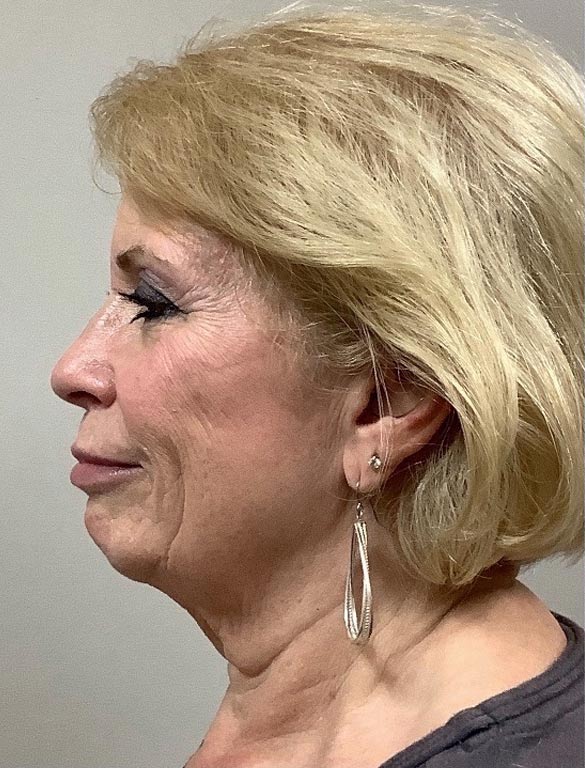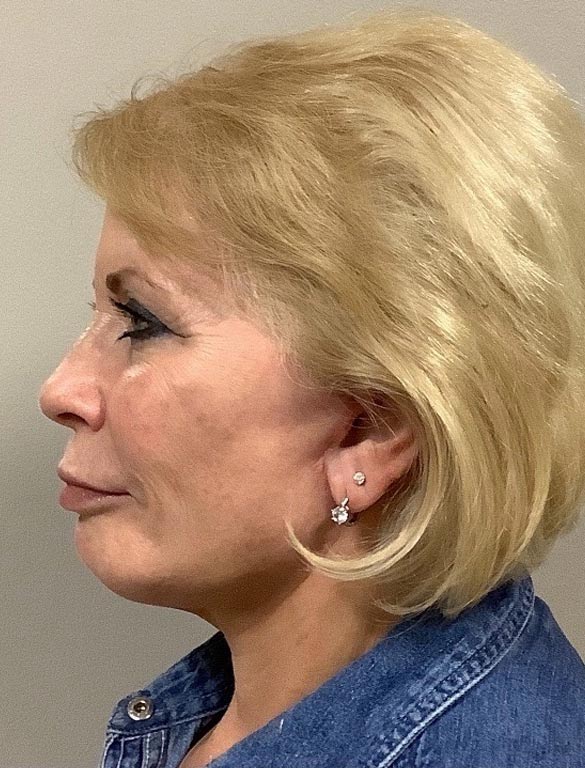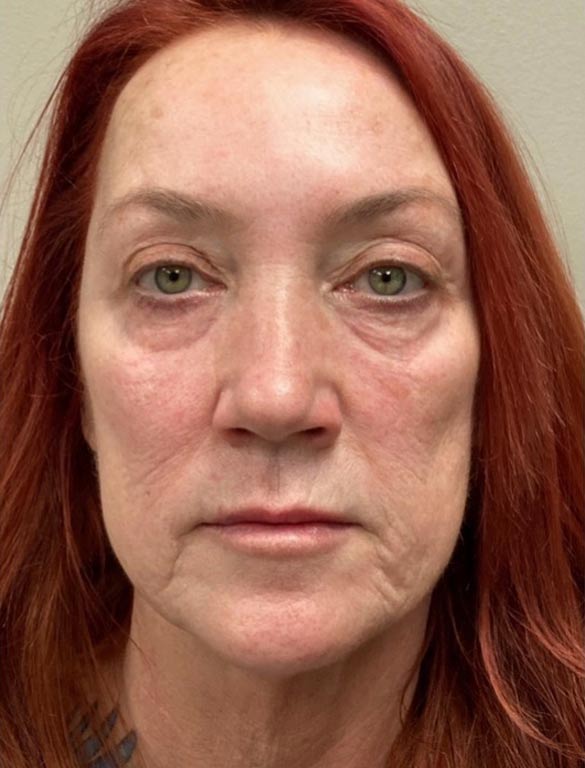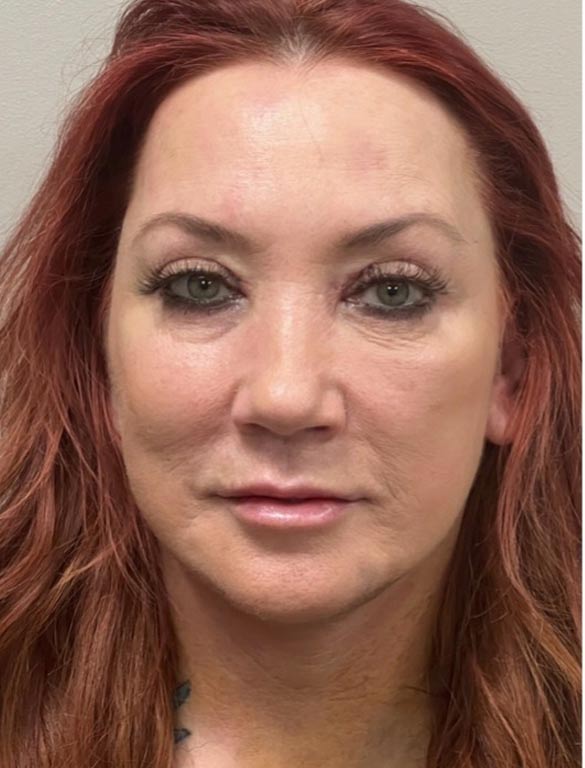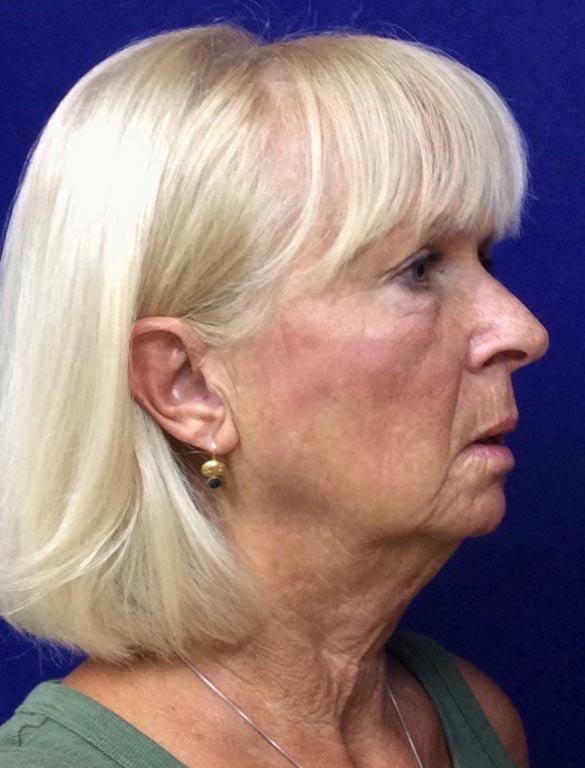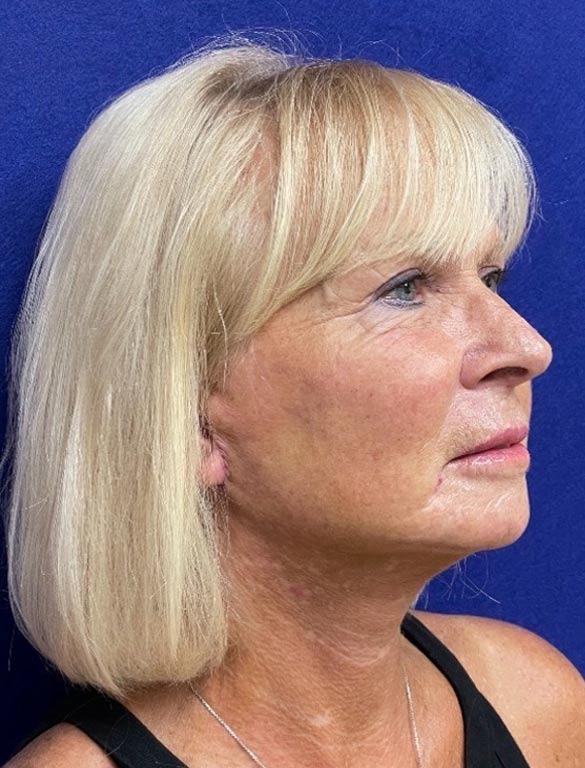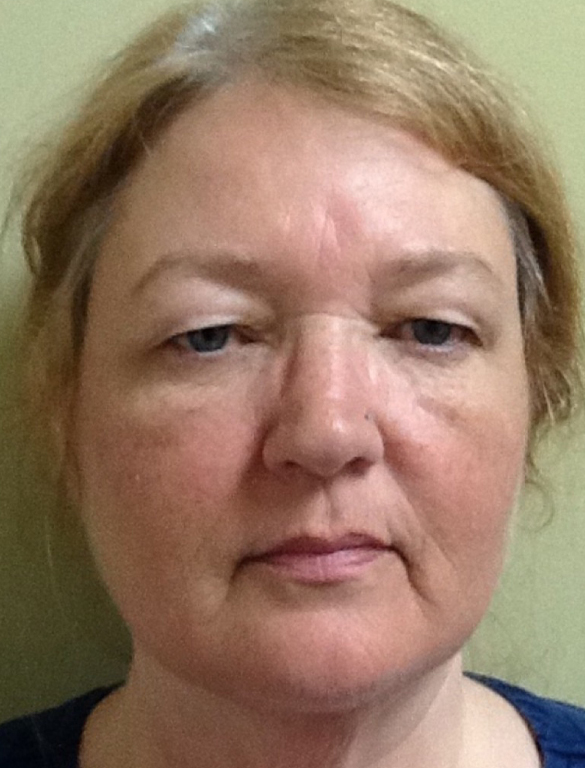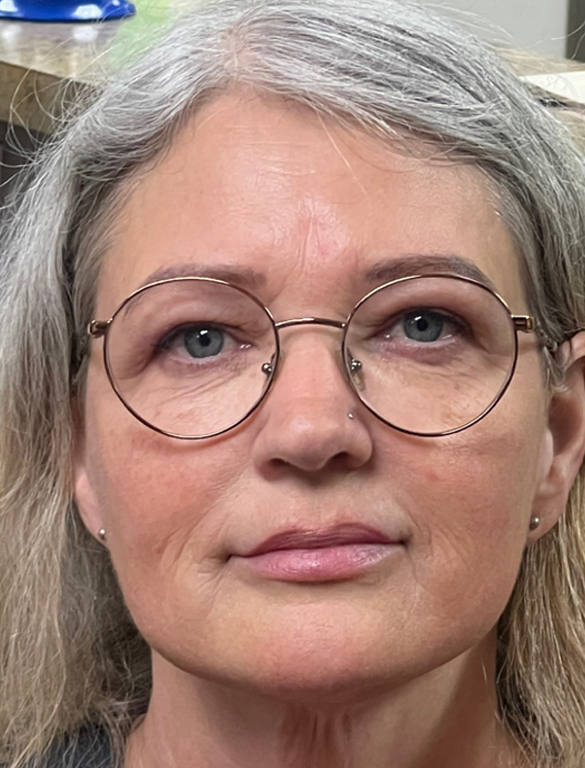One of the most common medical conditions that can impact men and women is chronic vein disease. This condition refers to a variety of chronic conditions that are related to your veins. Most commonly they impact our legs and mobility. A variety of symptoms of chronic vein disease can be observed to help you differentiate.
Contents
Chronic Venous Insufficiency
One of the earliest indicators of chronic vein disease is actually chronic venous insufficiency. This precursor is a problem when veins fail to pump blood efficiently from our legs back to the heart. Chronic venous insufficiency can occur when our vein valves don’t function properly. A drop in the elasticity of our veins can also prevent our veins from functioning to their full potential. Chronic venous insufficiency will become identified as chronic vein disease once the problems are significant and observable.
Varicose Veins
One of the most common forms of chronic vein disease is varicose veins. These type of veins are observed as swollen and clearly visible beneath the skin. Varicose veins often appear in our legs. While minor forms of varicose veins can be considered a cosmetic concern they can develop to become more significant. Individuals with varicose veins may begin to notice a heaviness in their legs that leads to numbness and aches.
Leg Ulcers
Another form of chronic vein disease is the development of leg ulcers. These occur when there is a break on the skin, allowing bacteria to infect the veins. Leg ulcers can lead to higher blood pressure in our veins. Observable symptoms of leg ulcers include open sores, swelling, and pus; individuals with leg ulcers will also typically experience some type of pain in the affected area.
Phlebitis
Another symptom of chronic vein disease is phlebitis. This condition is when our veins become inflamed. While other symptoms appear mostly on our legs, phlebitis can develop on both arms and legs. You may notice phlebitis as swelling due to swollen blood vessels and tenderness on the impacted limb.
Consult with Your Vein Expert Today
If you are experiencing any of these symptoms, you may be at risk of chronic vein disease or chronic venous insufficiency. Either way, make sure to reach out for a free consultation to discover the exact problem. Our patients receive an individual care plan ensuring we target their exact needs.

